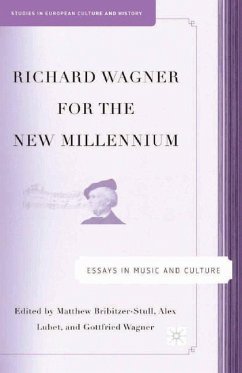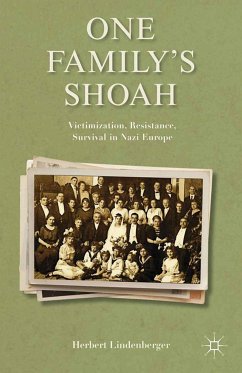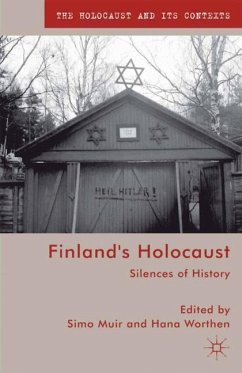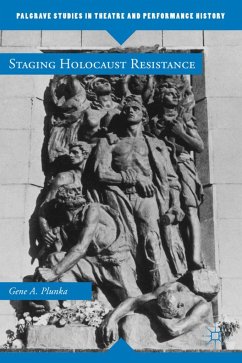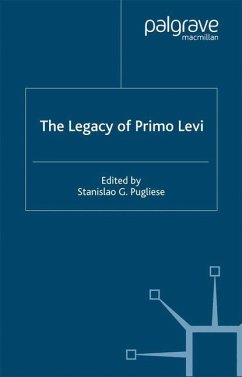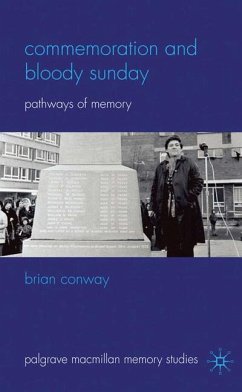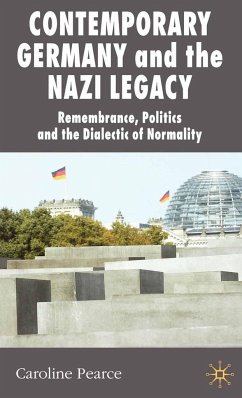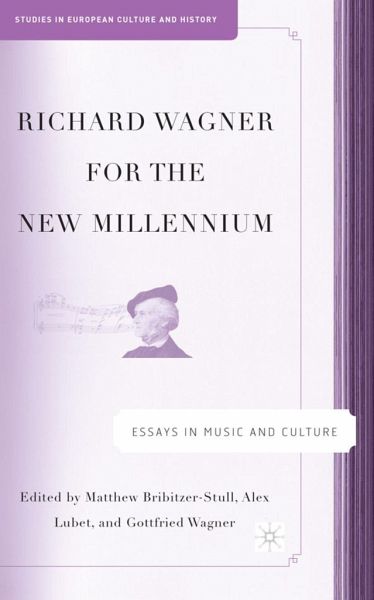
Richard Wagner for the New Millennium
Essays in Music and Culture
Versandkostenfrei!
Versandfertig in 6-10 Tagen
38,99 €
inkl. MwSt.
Weitere Ausgaben:

PAYBACK Punkte
19 °P sammeln!
Please note this is a 'Palgrave to Order' title (PTO). Stock of this book requires shipment from an overseas supplier. It will be delivered to you within 12 weeks. A central concern of this study is the relationship between Wagner the artist and Wagner the social phenomenon. Many of the essays within explore the most difficult yet most crucial issue in Wagner studies: the impact of the composer's problematic world view and complex personal life on his musical/dramatic creations.





